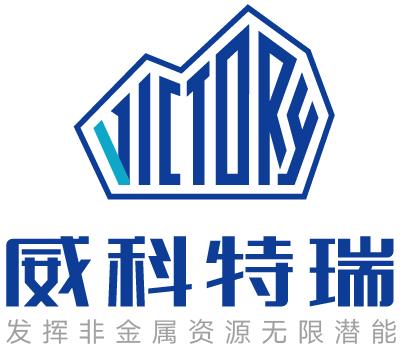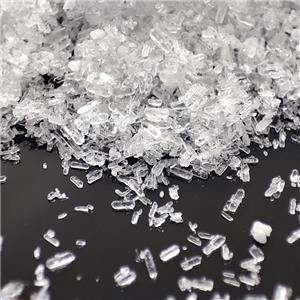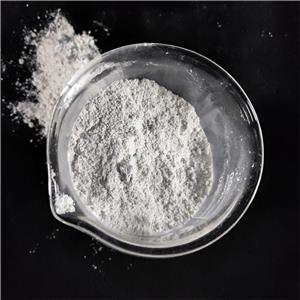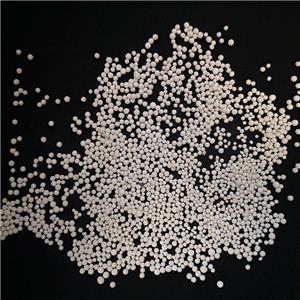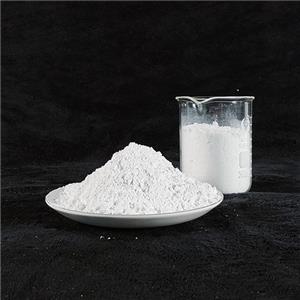How is ultrafine talcum powder used in PP and PVC fields?
Application of Ultrafine Talc Powder in Polypropylene (PP) and Polyvinyl Chloride (PVC)
Talc powder, a naturally occurring hydrous magnesium silicate mineral, is widely recognized for its unique properties, including its flake-like structure, low hardness, excellent chemical stability, and insulating properties. Typically white or off-white in color, talc powder exhibits remarkable heat resistance, chemical resistance, and corrosion resistance. These characteristics make it an ideal additive for plastic modification, particularly in polypropylene (PP) and polyvinyl chloride (PVC) applications. Below, we explore the specific roles and benefits of ultrafine talc powder in these two fields.
Application of Ultrafine Talc Powder in Polypropylene (PP)
Polypropylene (PP) is a versatile thermoplastic polymer widely used in various industries due to its lightweight, chemical resistance, and ease of processing. However, PP has certain limitations, such as low rigidity, poor surface hardness, and limited heat resistance. The addition of ultrafine talc powder addresses these shortcomings and significantly enhances the material's performance.
Mechanical Properties Enhancement
Ultrafine talc powder improves the rigidity, surface hardness, and dimensional stability of PP. Its flake-like structure forms a reinforcing network within the polymer matrix, akin to the reinforcement provided by steel in concrete. This structure enhances the material's mechanical strength, making it more suitable for demanding applications. Additionally, talc-filled PP exhibits improved creep resistance, particularly at high temperatures, ensuring long-term durability under stress.
Thermal and Electrical Properties
Talc powder enhances the heat resistance of PP, making it suitable for applications requiring thermal stability. It also improves electrical insulation properties, which is critical for components used in the electrical and electronics industries.
Crystallinity and Transparency
Ultrafine talc powder acts as a nucleating agent in PP, promoting the formation of smaller and more uniform crystalline structures. This not only improves the material's crystallinity but also enhances its transparency and surface finish. Studies have shown that PP composites filled with 20% to 40% ultrafine talc powder exhibit significant improvements in rigidity and high-temperature performance.
Applications in Various Industries
Automotive Industry: Talc-modified PP is extensively used in automotive components such as bumpers, dashboards, fan covers, heater covers, ducts, battery heat shields, and fluid pump parts. Its lightweight nature and enhanced mechanical properties contribute to fuel efficiency and durability.
Aircraft Industry: In this sector, talc-filled PP is used for refrigerator door gaskets, heater and vacuum pump covers, and washing machine agitators.
Electrical Industry: The material is employed for injection molding of instrument housings and electrical components, benefiting from its improved insulation and mechanical properties.
Home Appliance Industry: Talc-modified PP is used in the production of refrigerator drawers, washing machine drums, and other injection-molded parts.
Application of Ultrafine Talc Powder in Polyvinyl Chloride (PVC)
Polyvinyl chloride (PVC) is another widely used thermoplastic, known for its durability, chemical resistance, and cost-effectiveness. However, PVC also has limitations, such as low impact strength and thermal stability. The incorporation of ultrafine talc powder addresses these issues and enhances the material's overall performance.
Mechanical and Thermal Properties
Ultrafine talc powder improves the rigidity, impact strength, and dimensional stability of PVC. Its flake-like structure reinforces the polymer matrix, making it more resistant to deformation under stress. Additionally, talc enhances the material's heat resistance, making it suitable for applications requiring thermal stability.
Processing and Surface Finish
Talc powder improves the processability of PVC by reducing melt viscosity and enhancing flow properties during extrusion and molding. It also contributes to a smoother surface finish, which is particularly important for applications in construction and consumer goods.
Chemical Resistance and Durability
Talc-filled PVC exhibits improved chemical resistance, making it suitable for use in harsh environments. Its durability and resistance to corrosion extend the lifespan of PVC products.
Applications in Various Industries
Construction Industry: Talc-modified PVC is used in pipes, fittings, window profiles, and siding due to its enhanced mechanical properties and durability.
Consumer Goods: The material is employed in the production of flooring, wall coverings, and synthetic leather.
Electrical Industry: Talc-filled PVC is used for cable insulation and electrical conduits, benefiting from its improved insulation properties and flame retardancy.
